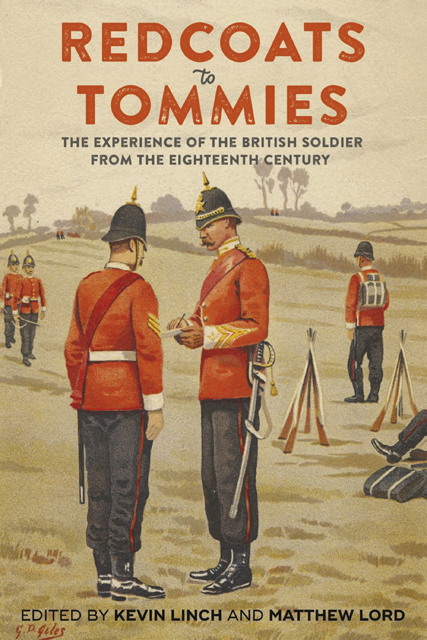12 - The Military Culture and Traditions of an Unmilitary People
Published online by Cambridge University Press: 17 January 2023
Summary
On 7 June 1950 Field Marshal Earl Wavell was buried at Winchester College. Archie Wavell was an unusual soldier. He delivered the Lees Knowles lectures at Cambridge in 1939 and might well have retired from the army and become Chichele Professor of the History of War at Oxford that same year but for the outbreak of war. He is certainly the only British field marshal to have published a poetry anthology, Other Men’s Flowers, which came out in 1944 while he was Viceroy of India.
That anthology contains a wartime poem by an author better known for detective stories featuring that quintessential Englishman, Lord Peter Wimsey. It transpires from the novels that Lord Peter reached the rank of major in the Rifle Brigade and served with the intelligence staff on the Western Front before suffering a breakdown from shell shock in 1918, which the Dowager Duchess of Denver characterised as a ‘jam’. Lord Peter had the occasional relapse in which he was nursed by his faithful valet and former batman, Bunter. The author, of course, was Dorothy L. Sayers and the poem, dating from the summer of 1940, is ‘The English War’. A celebration of times when ‘only England stands’, it begins, ‘Praise God, now, for an English War, the grey tide and the sullen coast, the menace of the urgent hour, the single island, like a tower, ringed with an angry host.’ It is reminiscent of that most cosmopolitan and outward looking of British soldiers, Edward Spears, a liaison officer with the French in both world wars, writing in his diary in June 1940, ‘a lifetime steeped in French feeling, sentiment and affection was falling from me. England alone counted now.’
There is within Sayers’ verse and much else written in a similar vein at the time, especially concerning the establishment of the Local Defence Volunteers, later the Home Guard, a notion of English and British historical continuity, a kind of enduring strategic culture over time. There is also at least an implication of a certain military tradition shaped by that historical continuity and strategic culture. The reality, of course, is that over time there have always been considerable ambiguities in responses to the existence of the standing army within and alongside English and British society.
- Type
- Chapter
- Information
- Redcoats to TommiesThe Experience of the British Soldier from the Eighteenth Century, pp. 253 - 269Publisher: Boydell & BrewerPrint publication year: 2021

